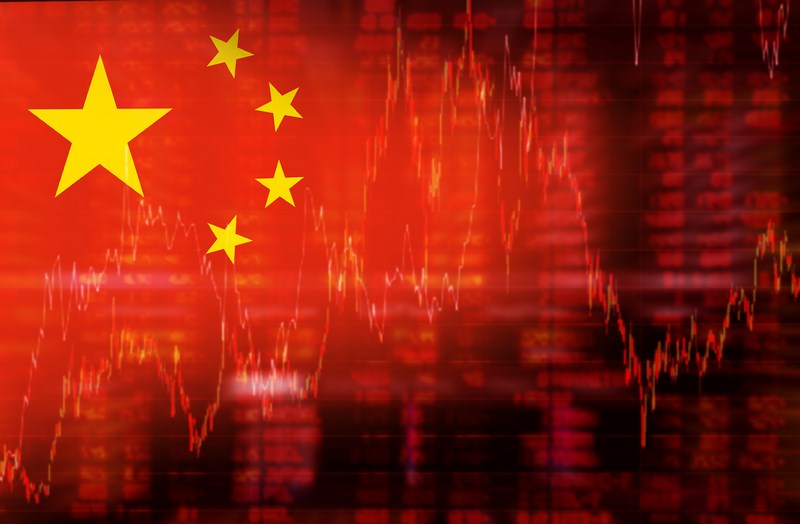
The country has grown to be a superpower in just under a couple of decades and is now on almost equal competitive footing as the United States of America. However, thankfully for most financial markets, the Chinese reality is very heavily regulated by the government.
Most financial speculation is either under constant surveillance or is closed off from the rest of the world. What this means is that most Chinese assets are being traded by Chinese investors rather than foreigners.
Sure there are some Chinese companies on foreign exchanges, but the closed-off nature that the CCP has created does indeed limit the capabilities of these companies.
However, by the end of 2019, the Chinese government started to initiate a new project of opening up the market to foreign speculators. Considering how most of the world is viewing China as the next big emerging economy, it’s likely that a trading boom will happen should the regulations be repealed.
Opening of the Forex market
The most definite information we have about open markets coming to China has been about its Foreign Exchange sector. You see, now that the country has become the primary export partner for most countries in the world, it doesn’t necessarily have to keep the Yuan too weak. In fact, strengthening the currency is slowly starting to rise up in the list of priorities for Xi Jinping. Now that economic dominance has been established in the ASEAN region, it’s time to establish a political one, for which a strong currency, as well as additional soft power, is required.
It has been reported that top forex brokers around the region are starting to draft new strategies in order to accommodate the massive influx of Chinese investors once the FX market does open up. Banks are considering to stock up a lot more on CNY simply based on the fact that trading and economic ties will be a lot more thorough.
But the most important aspect will have to be considered by the private companies fueling the Chinese economy.
Private companies could lose money
You see, China is primarily focused on exporting manufactured goods, consumer products and pretty much everything they could possibly produce in the region. Most of the raw materials that they lack, they import from various countries and turn them into consumer goods. This is why most of the wealth has accumulated in the region. Thanks to China’s ability to mass-produce almost anything.
In the case of a strong CNY, Chinese private companies will be able to cut their costs on importing raw materials, but that was never an issue in the first place. It’s a small perk that would be added to their overall early or quarterly performance.
The real issue is the inability to find new partners worldwide to sell already manufactured products. Why? Because due to the strengthening of the CNY relative to the dollar or any other currency, a private company depending on Chinese imports will find itself spending much more on its stock.
There would be three alternatives in this case.
- Importing country private companies increase prices on their goods
- Importing country private companies find alternative trade partners
- Chinese private companies decrease the price of their goods
Either way, there is only one alternative that would leave the Chinese companies in some kind of profit, and that’s the first one. Considering how the US-China trade deal is being debated as we speak, the most likely outcomes are the second and third alternatives.
Very few private companies will be focused on increasing their prices in an already competitive market, meaning they will either go for local manufacturers, or other cheap options.
An issue for USD dominance?
Up until this point, almost every major currency pair was paired up with the United States Dollar. This includes EUR/USD, AUD/USD, GBP/USD and etc.
Most of this was due to the financial dominance and liquidity of the USD in the first place. The only real competitor to the USD was the Euro, which is slowly but surely starting to be a lot more concentrated in the European Union rather than on a global market.
Considering that the EU is not very active in global market participation guarantees the fact that an openly traded CNY will overtake its volumes and influence.
In the end, it will be between the USD and the CNY to determine which currency will be the constant pair-up with the most influential currencies.
It may sound subjective or biased, but it’s in the world’s best interest that the USD remains the dominant force on the Forex market, simply because it’s rather predictable compared to the CNY.
The Chinese Yuan is completely dependant on government control, and it will continue to do so even after being exposed to global speculation.
The trustworthiness of a floating CNY goes down immensely, knowing how the CCP is poised on gaining soft power, and having whole regions depend on its currency exchange rate is one of the best ways to acquire it.

















